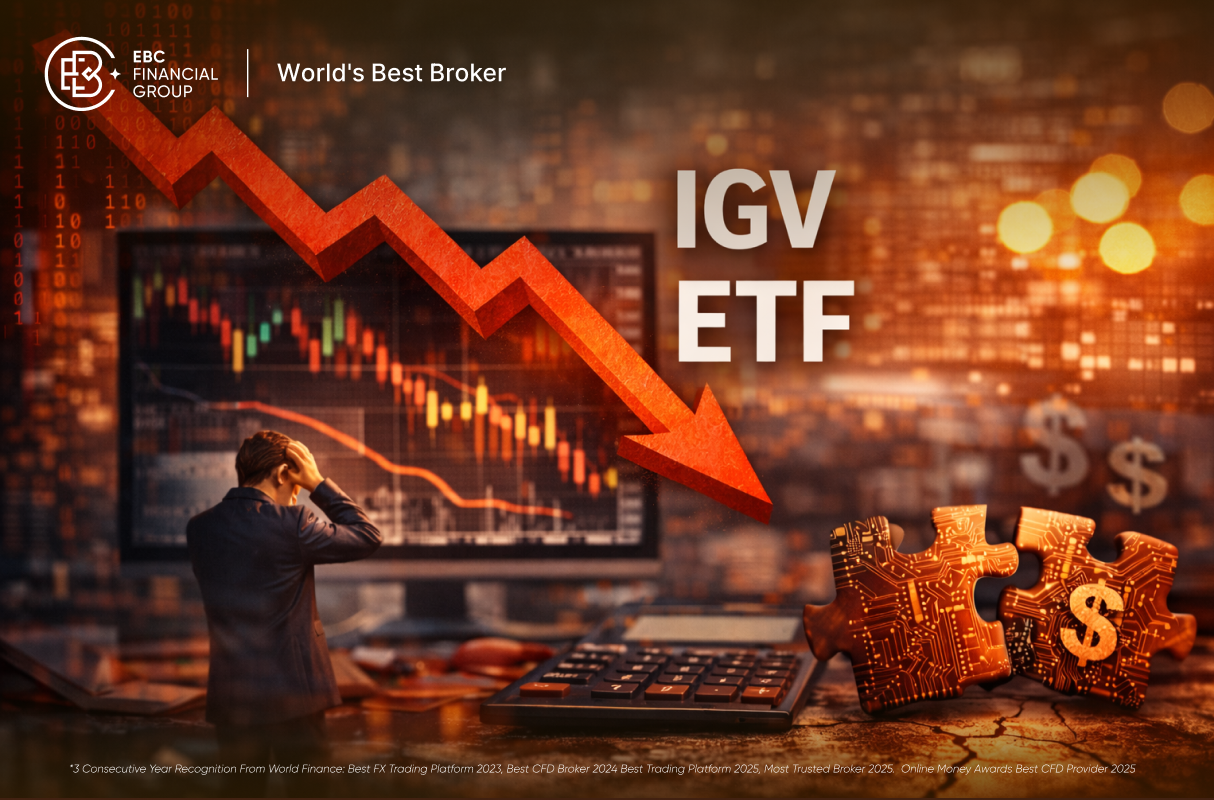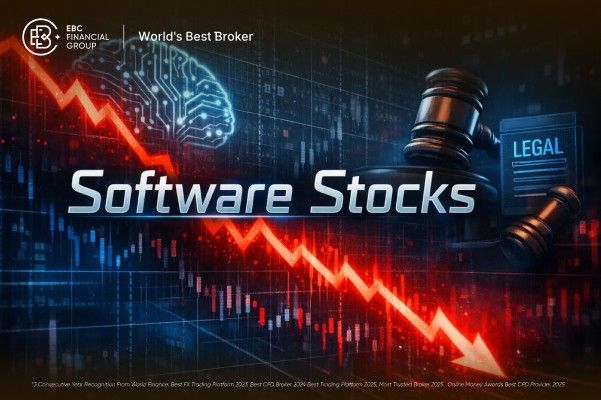What is Liquidity Provider?
Liquidity providers refer to institutions or individuals that provide
liquidity to traders in the financial market. Liquidity refers to the degree to
which assets in the market can be quickly bought or sold. Liquidity providers
increase market liquidity by providing a large number of buy and sell orders,
making it easier for traders to trade.

Liquidity providers are usually institutions or individuals such as banks,
investment companies, hedge funds, or professional traders. They increase market
liquidity by providing a large number of buy and sell orders, making it easier
for traders to trade. Liquidity providers usually offer competitive prices in
the market to attract more traders to trade.
Liquidity providers play an important role in the financial market, as their
presence can make the market more stable, reduce price fluctuations, and improve
market efficiency. At the same time, liquidity providers can also profit from
transactions because they can earn profits through the bid-ask spread.
The forex market is one of the largest financial markets in the
world, with daily trading volumes reaching trillions of dollars, thus requiring
a large number of liquidity providers to ensure market stability and
efficiency.
Forex liquidity providers are usually institutions or individuals
such as banks, investment companies, hedge funds, or professional traders. The
following are some well-known forex liquidity providers:
1. Large banks: Large banks such as Citibank, HSBC, and JPMorgan Chase are
important liquidity providers in the forex market. They typically
have a large trading volume and a wide customer base, providing competitive
prices and high-quality liquidity.
2. Electronic trading platform: Electronic trading platforms such as EBS,
Thomson Reuters Dealing, and Currenex are also important liquidity providers in
the forex market. They attract traders to trade by providing
high-speed transaction execution and real-time Market data.
3. Hedge funds: Hedge funds such as Bridgewater Associates and Renaissance
Technologies are also important liquidity providers in the forex market. They typically have large amounts of capital and highly specialized
trading strategies, which can provide high-quality liquidity and competitive
prices.
4. Professional traders: professional traders such as market manufacturers
and high-frequency trading companies are also important liquidity providers in
the forex market. They typically have highly Automated Trading
systems and fast transaction execution capabilities, which can provide
high-quality liquidity at competitive prices.
In short, forex liquidity providers are an indispensable part of
the forex market, promoting market trading activities by providing
liquidity and thereby making the market more stable and efficient.


























